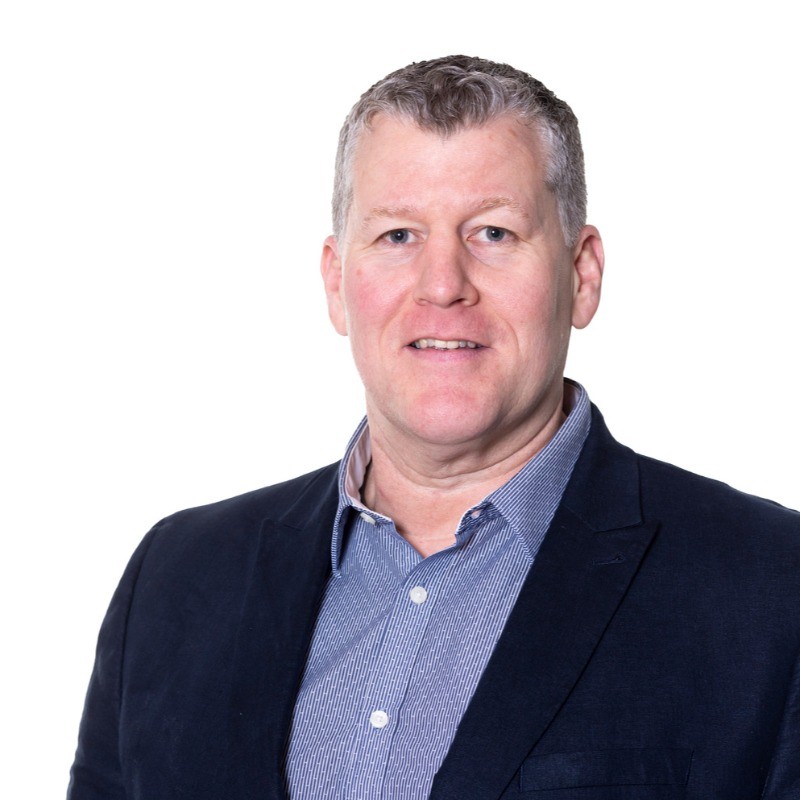May 6, 2025
Neurodiversity in the Workplace: A Superpower, Not a Shortcoming
At DRG, we believe that true progress comes from the celebration of difference – not the suppression of it. That’s why we proudly recognise and value neurodiversity in the workplace.

It’s more than just a buzzword; it’s a fundamental shift in how we understand human potential.
Neurodiversity refers to the natural variations in the way people’s brains work and process information. This includes individuals with autism, ADHD, dyslexia, dyspraxia, and social anxiety, among others. But it also acknowledges that everyone, regardless of a formal diagnosis, has a unique cognitive profile — with different ways of thinking, learning, and communicating.
We’re committed to learning more about neurodivergence, because we recognise that understanding it is crucial to helping everyone communicate and collaborate more effectively. As part of our work, we already use psychometrics to better understand behavioural and communication preferences between individuals — so it feels like a natural and important step to continue developing our understanding of neurodivergence and how best to support it in the workplace.
Historically, many workplaces have prioritised conformity, often viewing neurodivergent traits as challenges to be managed or ‘corrected’. But at DRG, we see things differently. We understand that the very traits that may cause someone to struggle in traditional environments — such as high sensitivity to stimuli, intense focus, or out-of-the-box thinking — can be tremendous strengths when embraced and supported.
For instance:
- Autistic individuals may have a remarkable attention to detail, pattern recognition, and logical thinking.
- People with ADHD often bring high energy, creativity, and a dynamic approach to problem-solving.
- Those with dyslexia frequently demonstrate visual thinking and strong storytelling or spatial reasoning skills.
- Individuals with social anxiety can show heightened empathy, strong listening skills, and a thoughtful, considered communication style.
When these differences are nurtured rather than judged, they can become powerful assets to a team.
The potential of neurodiverse individuals is especially evident in the construction industry. Among project management professionals in construction, 46% consider themselves neurodivergent, significantly higher than the cross-sector average of 31% (BDC Magazine, 2023). At the trades level, a survey by On The Tools found that 52% of UK tradespeople reported having a neurodiverse condition, with ADHD (22%), dyslexia (20%), and OCD/OCPD (15%) being the most common (SC4 Carpenters, 2023).
These statistics not only highlight the prevalence of neurodivergence in the sector but also suggest that construction environments may attract or align with neurodiverse strengths in unique ways.
Creating a neurodiverse-friendly workplace doesn't mean lowering standards or making exceptions — it means making adaptations that enable everyone to thrive. At DRG, that includes:
- Flexible workspaces and routines, recognising that not everyone works best in the same way.
- Clear, consistent communication, helping to reduce anxiety and ambiguity.
- Alternative ways to contribute, such as written input rather than verbal in meetings.
- Training and awareness to help managers and teams understand how to support neurodiverse colleagues with empathy and respect.
And importantly, as we continue to build our knowledge and approach, we do so with everyone in mind. While we focus on better supporting neurodivergent individuals, we also recognise that neurotypical people have varied needs, preferences, and challenges too. Our goal is to create a workplace that works better for everyone — with fewer frustrations and more understanding of our differences as people who are all simply trying to do a good job.
We encourage open conversations, actively listen to lived experiences, and continue to shape an environment where differences aren’t just accepted, but celebrated.
It’s important to acknowledge that for some, being neurodivergent can come with genuine struggles — particularly in workplaces that haven’t yet adapted. Challenges around sensory overload, social interaction, executive functioning, or working memory can lead to feelings of frustration or isolation.
But these challenges don’t define a person — nor do they diminish their value. In fact, many neurodivergent individuals possess a deep resilience, a unique way of seeing the world, and a drive to succeed on their own terms. At DRG, we see these traits as superpowers — not weaknesses. With the right support and understanding, every individual has the potential to thrive.





